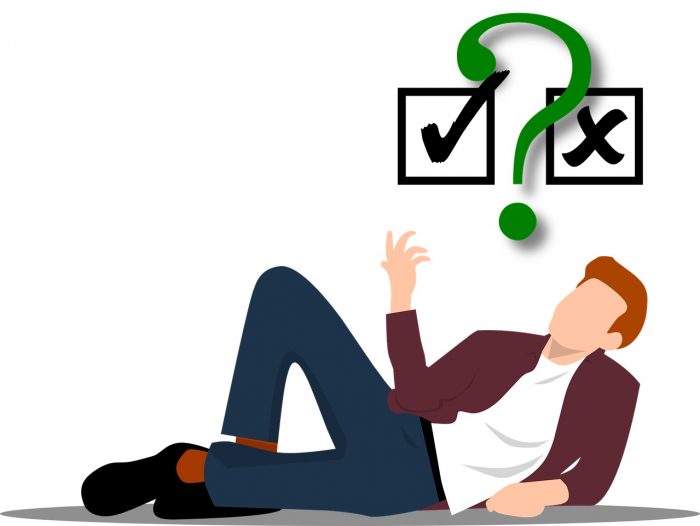Making Democracy Work: Will teens become voters?
By Nancy Marr
Voting is a fundamental act of civic participation. It is one important way that young people can engage in civic life. It is also a powerful way that young people can make their voices heard and have an impact on issues that affect them. Historically young people have voted at lower rates than older adults, but that is beginning to change. To understand the changes, we studied a survey of students from five Suffolk school districts. The sample of students who returned the survey gives us some idea also of what strategies might work to increase their engagement.
Of the 242 surveys returned, 36.4% reported that they had already registered. Of these, the largest percentage, 51.5% had registered in school and 25.7% had registered at the DMV. Moreover, of those not already registered, 64% reported that they plan to register by the time they are 18 and know how and where to register.
When asked whether they have a plan for voting, 79.3% reported that they are most likely to cast their vote on Election Day at their polling place, probably continuing a practice they learned from their family, 8.7% expect to use an absentee ballot and 23% plan to vote during early voting.
Concerns with national issues were interesting; the survey form asked them to choose five, and offered 17 possibilities. Most students chose the economy, followed by gun control Next came inflation, environment, racial inequality and abortion. The other choices offered (each selected by smaller numbers of students) were economic inequality, jobs, foreign policy, health and COVID, mental health, immigration, women’s right to choose, education, democracy at risk, and health insurance.
Of the 237 students who answered the question of whether they have registered or would register for a political party, 38.4% said yes, 21.9% said no, and 39.7% were unsure. Asked if they considered themselves to be politically engaged or politically active, 26.4% said they did. Only 15.8% had attended a political rally or demonstration.
The 242 students (as self-described) were a diverse group.
Age — 53% 17 years old, 25% 18, 15% 20, 6.1% 19
Race — 32% Hispanic, 26% white/Caucasian, 19% mixed race, 8% African American, 7% Asian, 2% Native American
Language — 65% English, 25% Spanish, 6% other
Gender — 52% Female, 46% Male, 1.5% Non-binary, 0.5% Queer
Many youth are concerned about the low turnout. Ruby Belle Booth, a member of the Circle Program (Center for Information and Research on Civic Learning and Engagement) at Tufts College, hosted a podcast called Why Gen-Z Activism Isn’t Reflected in Voter Turnout produced by radio station KALW, in California. “Although 23% of youth are voting at higher levels than in the past, they are voting at a lower percentage than that of older groups,” said Booth, adding “that means that over 75% did not vote. Are they politically disengaged, overwhelmed by the voting process, lazy?”
She found that in states like California, which has made voting convenient, the turnout is higher. Policies like automatic voting or same day registration, online voter registration and vote by mail all help young people vote. Efforts by schools to register and preregister students provide information to help voters find their way.
In addition to logistics, a huge barrier is lack of confidence. Research has shown that over half of young people ages 18 to 29 do not feel they are qualified to make decisions about candidates, especially when they don’t trust the system, feel the candidates are not qualified, or believe that the parties are not addressing their concerns, particularly in local elections.
The Circle Program research recommends that we make the process of voting an integral part of the educational curriculum for students from K-12 through college. By creating civic engagement opportunities for young people in school, in local youth advisory councils, we can help Gen-Z turn into a generation of future voters.
Before Election Day this year, let first time voters know they can register through October 28, and find out about their races and candidates from the League of Women Voters’ Vote411.org and other organizations (Voter Hub, run by Gen-Z for Change on Tik Tok and VoteNow).
Nancy Marr is Vice-President of the League of Women Voters of Suffolk County, a nonprofit nonpartisan organization that encourages the informed and active participation of citizens in government and influences public policy through education and advocacy. Visit www.lwv-suffolkcounty.org or call 631-862-6860.







